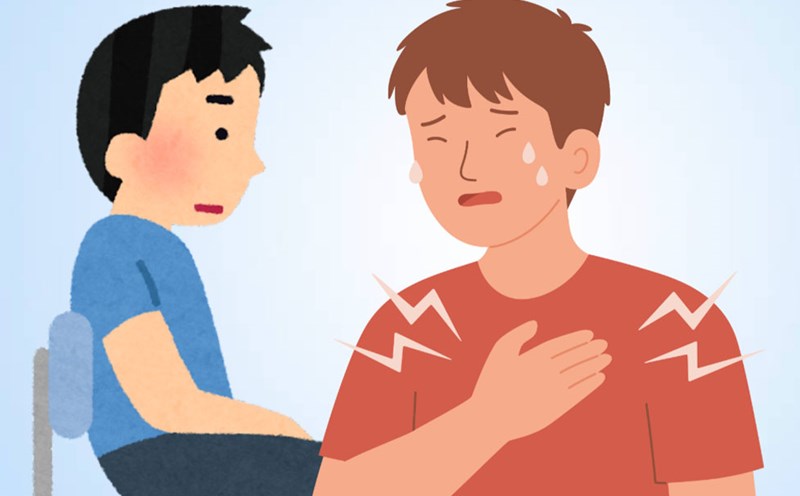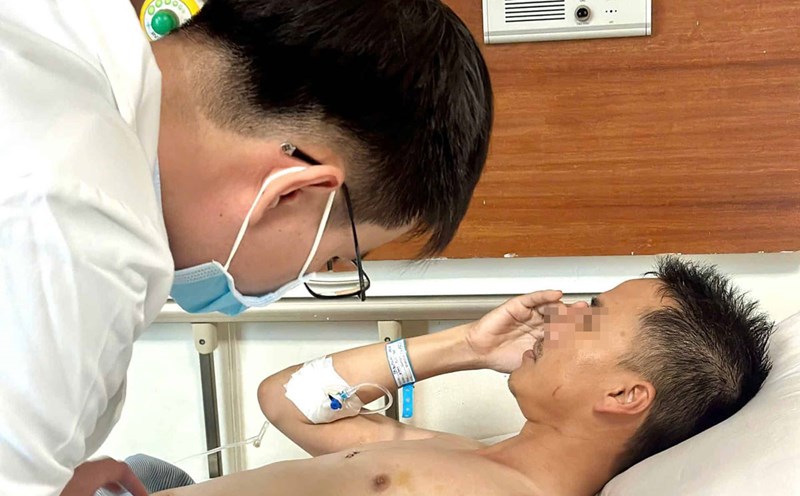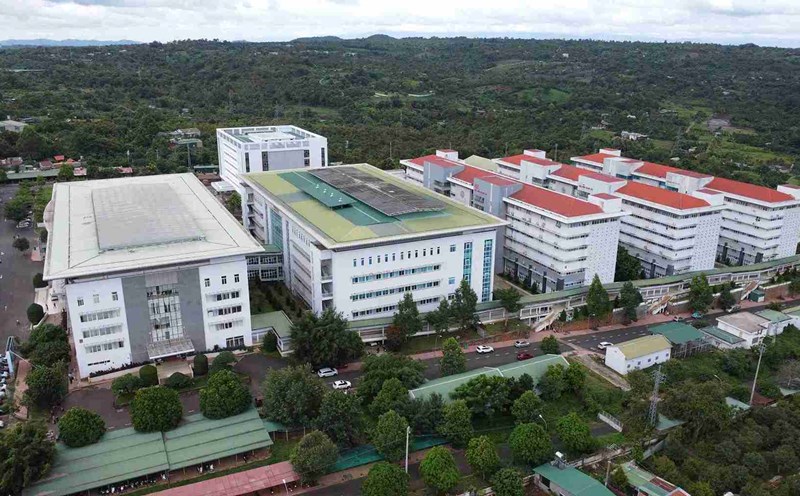According to Dr. Prateek Chaudhary, Senior Consultant - Interventional Cardiologist at Asia Hospital, Faridabad (India), the chest cavity is home to many important organs and structures such as the heart, lungs, intercranial muscles, nerves, bones and cartilage.
When you breathe, the ribs and diaphragm contract to expand the chest, helping the lungs receive air. If any ingredient in this area is damaged, inflamed or irritated, you will feel pain when breathing, according to Onlymyhealth.
Common causes of chest pain when breathing
Issues related to musculoskeletal
The chest cavity is made up of many muscles, bones, cartilage and nerves. When there is damage or inflammation in these parts, you may experience chest pain every time you breathe deeply.
Interstial muscle tension: Strong activity, sudden twitching or prolonged coughing can cause the stiaries to stretch excessively, causing severe pain and pain when touching.
Cartilage inflammation (ostochondritis): Is inflammation of the cartilage connecting the ribs with the sternum, causing sharp pain, especially when you breathe deeply, cough or snee. The cause can be injury, infection, or overtraining.
Respiratory diseases
Breast pain when breathing sometimes comes from diseases related to the lungs and pleuralgia.
Pleuritis: The inflamed duodenum causes two layers of the lining to rub together, causing pain every time you inhale deeply. This is often a complication of pneumonia or other infections.
Pneumonia: Pneumonia causes airbags to contain pus or fluid, leading to breast pain, cough, fever and shortness of breath.
Associated bronchitis: Although it mainly causes coughs, bronchitis can also create a burning or painful feeling in the chest area due to irritation of the airway.
Other causes
Gastroesophageal reflux disease (GERD): Stomach acid refluxes into the esophagus, causing burning sensation or chest pain, especially when lying down or after eating.
Anxiety and panic: Psychological stress and panic can make you breathe quickly, shallowly, causing shortness of breath and chest pain.
When do you need to see a doctor immediately?
Dr. Prateek Chaudhary said that although chest pain is mostly due to non-serious causes, you should be vigilant when chest pain comes with the following symptoms as it can be a sign of dangerous disease:
Severe, prolonged pain or tenderness in the middle of the chest.
The pain spreads to the arms, back, neck or jaw.
Shortness of breath or rapid breathing.
Dizziness, lightheadedness or fainting.
Nausea, vomiting, or cold sweating.
Coughing up blood or a persistent high fever.
These signs can warn of a heart attack, emphysema or other serious conditions that require immediate medical attention.
What to do when you have chest pain when breathing?
Monitor pain: Record the time the pain occurred, pain level, and accompanying signs.
Avoid trying and resting more if the pain is related to musculoskeletal.
see a doctor for an accurate diagnosis if the pain persists or there are warning signs.
Do not arbitrarily use painkillers without instructions from a health professional, especially if you suspect pain is related to the heart or lungs.










